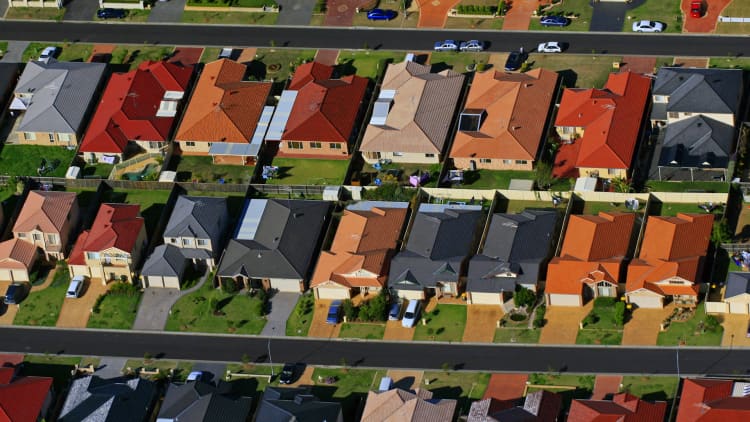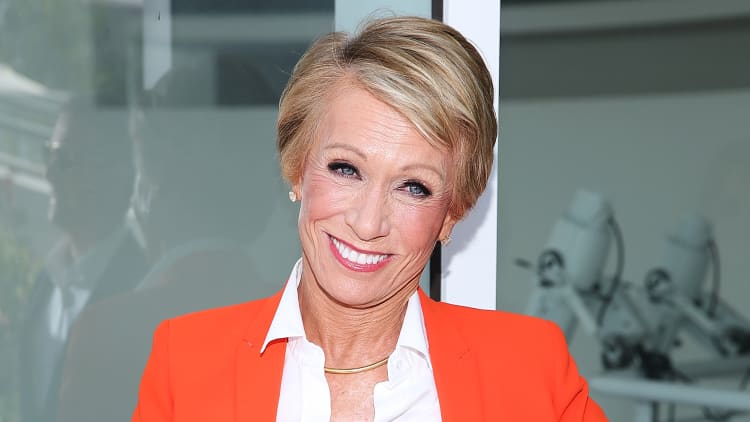Self-made millionaire and star of ABC's "Shark Tank" Barbara Corcoran wants you to buy a home ASAP if that's something you can do.
While she doesn't specify an age, in general, "the faster you buy your first home, in my opinion, the better," she says. "You've got to get in the game."
Corcoran, who made her fortune in real estate, has regrets about how and when she got started. "When I bought my first studio in New York City, I got cold feet and didn't close and relinquished a 10 percent deposit which took me three years to save," she says. "And you want to know what happened? I couldn't get back into the market for almost eight years."
That meant that "by the time I had the money for a one-bedroom, it only bought a studio, and it just went on and on and on and left me behind," she continues. "What I learned from that experience is: The minute you can afford something, plunk the money down and get in there."
If you're excited and in good shape to buy, Corcoran says these are the five steps to take.
1. Check your credit score
Before trying to buy a home, you want to know where you're at financially, which means checking your credit score.
"The loan you get to buy the property will be totally dependent on your credit rating," says Corcoran. Generally speaking, the higher your credit score, the lower the interest rate on your mortgage, and a lower interest rate can mean significantly lower monthly payments. In other words, a high credit score means you'll spend a lot less on your home in the long run.
If your score isn't great, consider taking some time to improve it before home shopping, she says.
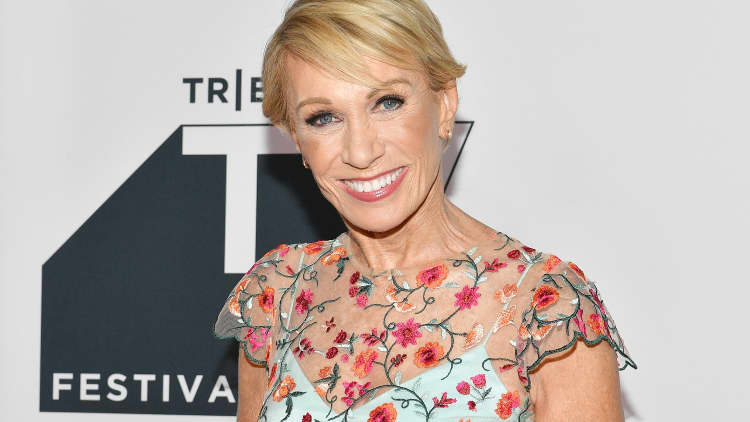
2. Figure out what you can afford
Corcoran offers a simple formula to help you determine how much you should spend on your first home: "Multiply your salary times four and that's generally what you can qualify for."
While this formula assumes you'll be able to make a 20 percent down payment, "if you haven't been able to muster 20 percent together, you shouldn't lose heart," Corcoran says. Some experts, like Bach, say a down payment of at least 10 percent is OK, though more is always better.
Another simple rule of thumb to follow, says Corcoran and other experts, is to aim to spend about 30 percent of your take home pay on housing costs. Keep in mind that this 30 percent encompasses more than just the sticker price of the home: It should include all related costs, like mortgage interest, taxes, insurance, maintenance and any renovations you might want to make.
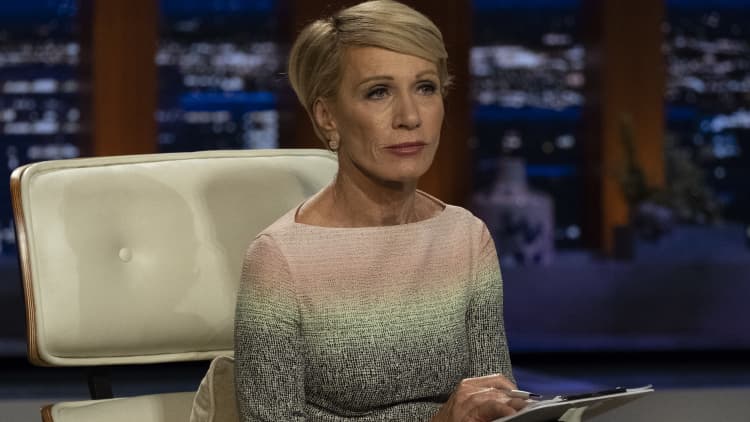
Why 30 percent? It's a standard that the government has been using since 1981: Those who spend more than 30 percent of their income on housing have historically been said to be "cost burdened." Those who spend 50 percent or more are considered "severely cost burdened."
As a first-time homebuyer, be prepared to start small, Corcoran adds: "If you're thinking about buying your first one-bedroom, change your thinking: Buy your first studio instead. If you can't afford a good studio, buy a little studio. The reason being is you want to trade up.
"Every single person who is living in a multimillion-dollar home started with something smaller that they didn't find acceptable. Lower your standards. Get something small so you have a chit in the game, and you can trade up the studio to a one-bedroom, two-bedroom, four-bedroom house."
3. Budget for closing costs
"The biggest mistake that first time homeowners make is they forget that they need closing costs — not just the down payment of say 10 or 20 percent," says Corcoran.
Closing costs vary depending on where you live and the type of loan you choose, but you can expect them to tack an additional 2-5 percent of the total cost of the home onto the final price. That means, if you're buying something for $200,000, you'll owe anywhere between $4,000 and $10,000 in fees.
For the median U.S. home, these expenses exceed $13,000.
The types of fees you can expect at closing include recurring costs like property taxes, homeowners insurance, prepaid loan interest and title insurance, plus nonrecurring costs like an inspection fee, application fee, appraisal fee or credit report fee for pulling your credit score.
To get a better idea of exactly what your costs will add up to, use a closing-cost calculator.
Get something small so you have a chit in the game, and you can trade up.Barbara Corcoran
4. Shop in the right area
Location is everything. In fact, if you buy in the up-and-coming areas, you won't just become a homeowner — you could make a fortune, says Corcoran. You'll get in at a lower price and, if you make a smart bet, you'll see "tremendous appreciation," she says.
Corcoran's strategy for finding the next hot spot is unconventional but effective: "What I've always done is I've asked my very nice, very young waiters at new, posh restaurants: 'Hey, where are you living?' They'll always cite a neighborhood I've never even heard of and then I go out there and shop for real estate."
After all, "if people are talking about it, it's already been up and it's already coming. Too late for that."
If you can be flexible about where you live, she suggests you consider buying in a city that can give you more bang for your buck, like Nashville, Austin or Denver.
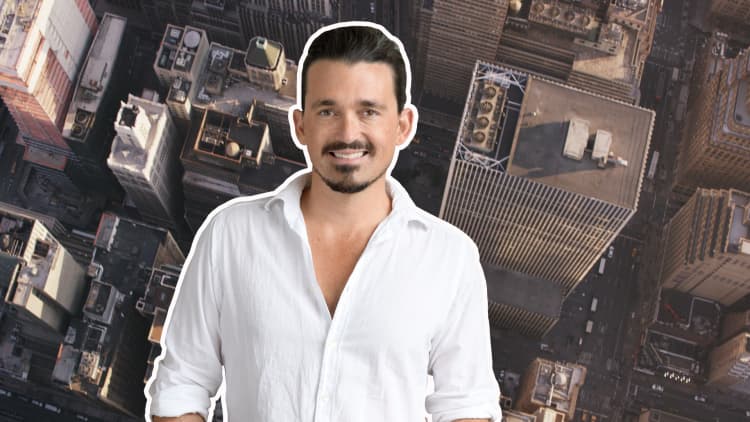
5. Get pre-approved for a mortgage
"Before you go out shopping for your first home, the most important thing you have to do is to qualify with a bank for your mortgage in advance," says Corcoran.
Pre-qualification is an estimate of how much you can borrow from your lender. Ideally, you'll go one step further and get pre-approval, which analyzes your creditworthiness and assures the seller that you can see the deal through.
If you're pre-approved, "you're going to be able to walk in and say, 'My bid is an all-cash bid,'" Corocran says. "What all-cash really means is, your bid's not contingent on you getting financing from a bank — you've already cleared that with the bank, so you've got all-cash to close on the property."
That can make all the difference between winning a bid or not, she says: "The power word in buying real estate is, 'I'm all-cash.'"
Like this story? Subscribe to CNBC Make It on YouTube!
